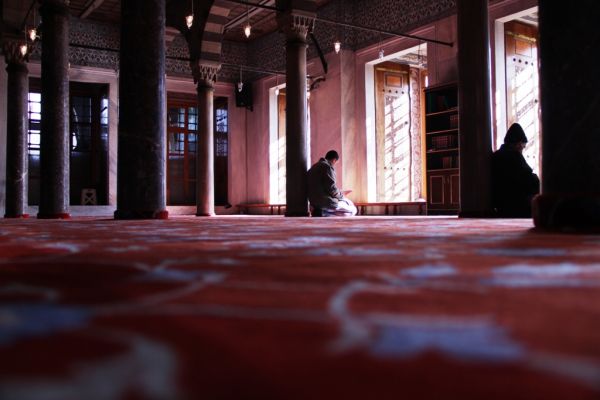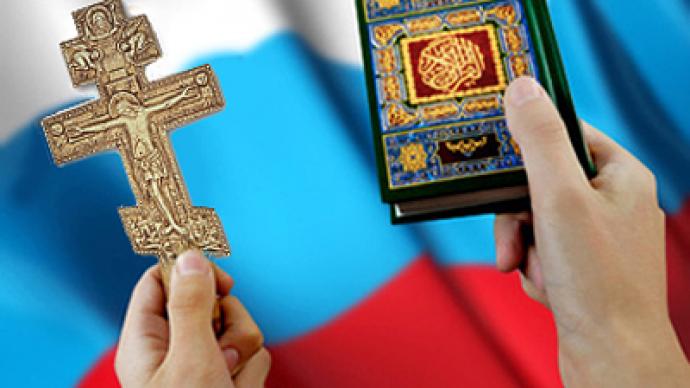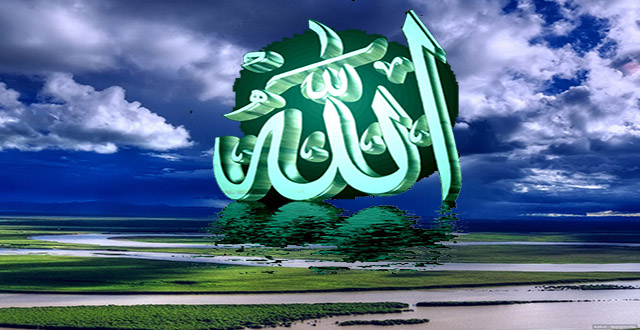How to Repent to Allah?
 “And most surely I am most Forgiving to him who repents and believes and does good, then continues to follow the right direction.” (Qur’an; 20:82)
“And most surely I am most Forgiving to him who repents and believes and does good, then continues to follow the right direction.” (Qur’an; 20:82)
The Messenger of Allah (swt) also says: “A repentant person is like one who has no sin.”
Once a man came to Imam Ali (as) to repent and when the Imam realized that the man was ignorant of the importance of repentance, he said to him, “Do you know the meaning of repentance? It has an exalted position. It has six conditions for its acceptance and the last two are the conditions of its completion.” Now let’s see what these six conditons are:
- Feeling ashamed and regretful for the past sins;
The first one is regretting what has passed. It means looking at the dark deed and being so sorry and ashamed of it that it makes your heart burn.
- Taking firm decision for avoidance of sins forever;
The second condition that forms the basis of reference is a decisive resolution not to repeat the foul deed again. Repentance does not depend on the enormity of sin. Every kind of sin, whether big or small, lends itself to repentance provided the Penitent is serious in his or her intention .
- Paying all the dues of the people so that when he meets God-Almighty on the Resurrection Day, he does not have any pending claim against him;
One of the two conditions for the acceptance of repentance is to return what belongs to others, whether it is something that is seized or a right that has been trampled on. It must either be returned itself or, at least, the rightful owner must be given satisfaction. If you have nothing left to give back and for example the rightful owner is no longer living, seek forgiveness from God. God willing, He will make that person satisfied.
- All the religious obligations (Wajibat) which have not been performed in the past should be discharged as makeup (Qadha) obligations;
Similarly, heavenly rights must also be restored. What are heavenly rights? If you have failed to observe the fast or perform your ritual prayer or failed to make your obligatory pilgrimage to Mecca in spite of being able to bear it physically and financially, you must make up for all these failuresbecause this is the second condition for the acceptance of your repentance.
- The person Should feel so sad about his past sins that all the bodily flesh formed as a result of eating forbidden (Haram) should be melted in a manner that skin touches the bare bones until the new flesh is reformed again;
The next point Imam Ali (peace be upon him) mentioned about the condition for the acceptance of repentance is to rid oneself of all the flesh that has grown on one by illegitimate means. This requires the mortification of the flesh, abstinence and self-discipline. It means benefitting from what is legitimate, honest and proper.
- The inconvenience and hardship of worshipping should be imposed upon the body as a compensation for the pleasures it fasted because of past sins.
The last condition is to let the body which has tasted the sweetness of sin, also taste the pain of deviation and worship. Fasting is not an easy matter especially if you spend the night in prayer.






